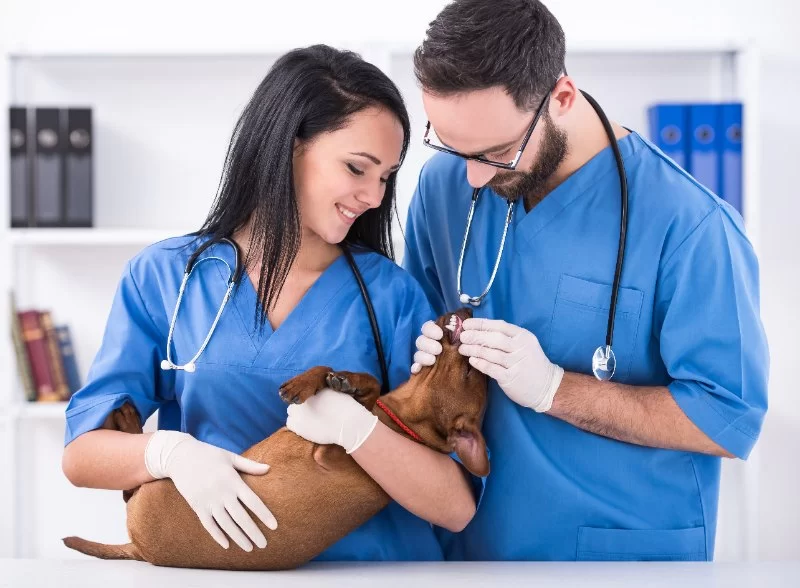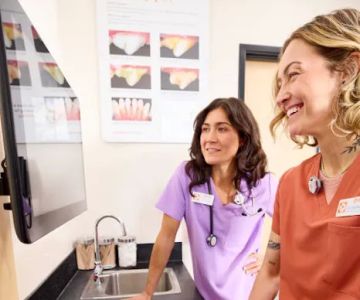What Major Do You Need to Be a Veterinary Technician? A Realistic Guide for Aspiring Vet Techs
- understanding-vet-tech-career-basics - Understanding Vet Tech Career Basics
- why-the-right-major-matters-in-veterinary-technology - Why the Right Major Matters in Veterinary Technology
- recommended-degrees-for-becoming-a-vet-tech - Recommended Degrees for Becoming a Vet Tech
- case-study-melissa-s-journey-to-becoming-a-vet-tech - Case Study: Melissa’s Journey to Becoming a Vet Tech
- building-your-career-with-the-right-resources - Building Your Career with the Right Resources
1. Understanding Vet Tech Career Basics
If you’ve ever wondered “what major do you need to be a veterinary technician,” you’re already asking the right question. Veterinary technicians play a critical role in animal care, often working alongside veterinarians to perform diagnostics, administer medication, and assist in surgeries. It’s a profession that combines science, compassion, and technical skill—all of which must be supported by a solid educational foundation.
In the U.S., becoming a licensed vet tech generally requires an associate degree from an accredited program, successful completion of the Veterinary Technician National Exam (VTNE), and in many states, licensure or certification.
2. Why the Right Major Matters in Veterinary Technology
The field of veterinary medicine is highly specialized, and choosing the right academic major can be the difference between getting hired fast or being overlooked. While you might find related coursework in general biology or animal science, the most direct and effective major is Veterinary Technology.
This major is specifically designed to prepare students for the real-world responsibilities of a vet tech, including lab procedures, pharmacology, anesthesia, radiology, and animal nursing care. Employers increasingly prefer graduates with this focused training because they’re job-ready on day one.
3. Recommended Degrees for Becoming a Vet Tech
3.1 Associate of Applied Science (AAS) in Veterinary Technology
This is the most common and direct path. AAS programs are usually two years long and combine classroom instruction with hands-on clinical experience. They are often accredited by the AVMA (American Veterinary Medical Association), which is essential if you want to sit for the VTNE.
3.2 Bachelor’s in Veterinary Technology or Animal Science
While a two-year degree is enough for entry-level roles, a bachelor’s degree opens more doors—such as positions in animal research labs, education, or hospital management. Some schools offer a BS in Veterinary Technology, while others provide a BS in Animal Science with a veterinary emphasis.
3.3 Certificate Programs for Career Changers
For those switching careers, certificate programs may offer a fast-track option, especially if you already hold a related degree. However, they must still be accredited to count toward licensing requirements.
4. Case Study: Melissa’s Journey to Becoming a Vet Tech
Melissa, a lifelong animal lover from Colorado, initially majored in general biology. But after a year volunteering at an animal shelter, she knew she needed more targeted education. She switched to an AAS in Veterinary Technology and never looked back. “It was the best decision of my life,” she says. “I knew exactly what I was walking into when I started my first clinic job—because I’d already practiced most of it in school.”
Melissa now works full-time at an emergency vet clinic and is considering returning for her bachelor’s to eventually manage a facility.
5. Building Your Career with the Right Resources
Choosing what major you need to be a veterinary technician is just the beginning. To thrive in this field, you’ll also want access to the right tools, clinical placements, and career support. That’s where trusted providers like Hidden Brook Veterinary can help—not just with animal care, but also with industry insight and guidance for aspiring professionals.
If you're ready to take the next step toward your veterinary technician career, start by exploring degree programs in Veterinary Technology and make sure they’re AVMA-accredited. From there, gear up with the supplies, mentorship, and resources you'll need to succeed. Your future in animal healthcare starts with that one important decision—choosing the right major.












